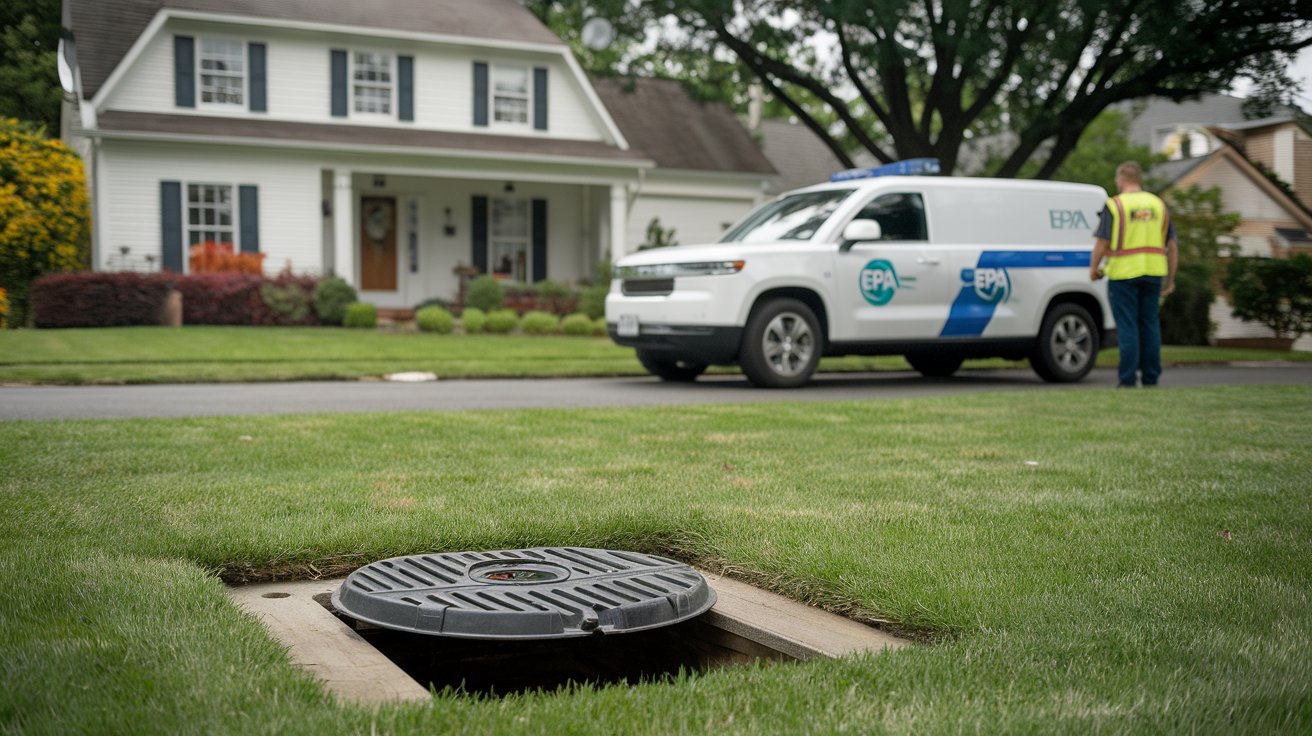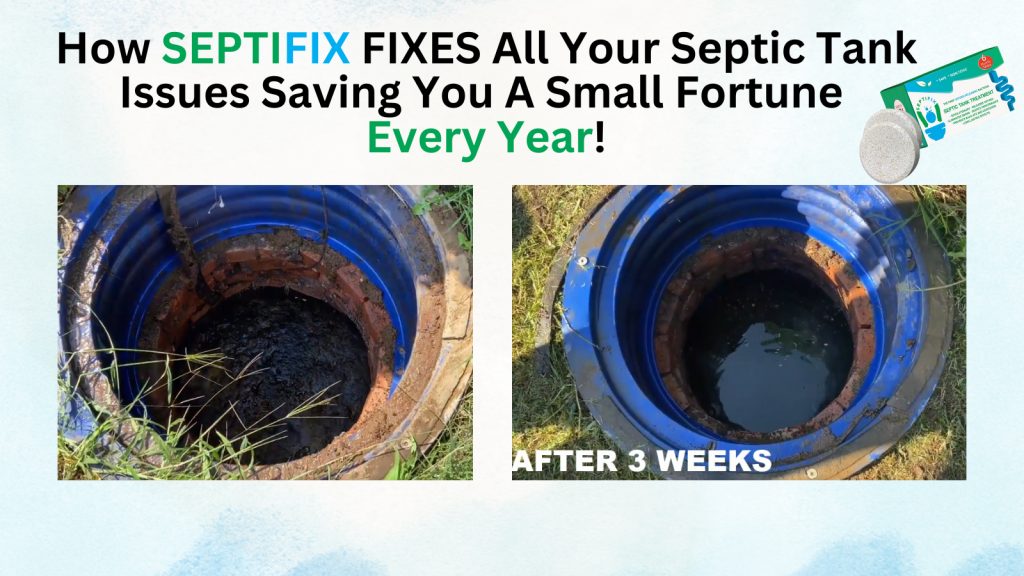Proper septic tank maintenance is crucial for environmental health and compliance with pumping laws and regulations. Regular pumping is essential to prevent system failures and ensure efficient waste disposal. Understanding local and regional regulations is vital for homeowners with septic systems.
Table of Content
- Overview of Septic Tank Regulations
- Importance of Local Regulations in Septic Tank Pumping and Maintenance
- Local and Regional Pumping Laws
- Variations in Local Ordinances
- Factors Influencing Pumping Frequency
- Consequences of Non-Compliance
- Role of Local Authorities
- Septifix
- Septic Permit Links by State
Maintaining a septic system involves more than just regular inspections and pumping; it also requires adherence to local pumping laws and regulations. These regulations vary significantly across different regions and are designed to protect public health and the environment. In this article, we will explore the importance of these regulations, how they impact septic tank maintenance, and what homeowners need to know to stay compliant.
Overview of Septic Tank Regulations
Septic tank regulations are in place to ensure that waste is disposed of safely and efficiently. Generally, septic tanks should be pumped every 3 to 5 years, depending on factors like household size and water usage. However, local regulations may dictate more frequent pumping or specific maintenance schedules.
Importance of Local Regulations in Septic Tank Pumping and Maintenance
Local regulations often reflect the unique environmental conditions and infrastructure of an area. For example, regions with sensitive ecosystems may have stricter guidelines to prevent pollution. Understanding these local pumping laws and regulations is crucial for homeowners to avoid fines and ensure their systems operate effectively.
Protection of Groundwater and Surface Water
- Prevention of Contamination: Local codes and regulations help prevent septic tanks from leaking and contaminating groundwater, which can lead to serious health issues. Similarly, regulations in some regions, like the UK, prohibit septic tanks from discharging directly into surface water bodies to protect local ecosystems.
- Environmental Protection Zones: Areas like Groundwater Source Protection Zones are designated to keep drinking water clean by preventing sewage pollution. These regulations ensure that septic systems do not harm these sensitive areas.
Public Health and Safety
- Health Risks: Improperly installed or maintained septic systems can pose significant health risks due to the potential for waterborne pathogens. Local regulations ensure that systems are designed and operated to minimize these risks.
- Legal Compliance: Adhering to local regulations helps homeowners avoid fines and legal issues associated with non-compliance. This includes ensuring that septic tanks are pumped regularly according to local schedules.
Economic Benefits
- Cost Savings: Regular maintenance, as mandated by local regulations, can prevent costly repairs and replacements. Properly maintained systems also increase property value and ease the sale process.
- Compliance Costs: While complying with regulations may involve initial costs, it can save homeowners from more significant expenses related to system failures or environmental damage.
Compliance and Enforcement
- Inspections and Permits: Local authorities often require permits and conduct inspections to ensure compliance with regulations. This process helps identify and address potential issues before they become major problems1.
- Penalties for Non-Compliance: Failure to comply with local regulations can result in significant fines and even prosecution. Regular inspections by environmental agencies help enforce these regulations.
In summary, local regulations are essential for ensuring that septic tank systems operate safely, protect the environment, and maintain public health. Compliance with these regulations not only avoids legal issues but also provides long-term economic benefits by preventing costly repairs and maintaining property value.
Local and Regional Pumping Laws
Local and regional pumping laws and regulations can vary significantly. Some areas may require septic tanks to be pumped every 2 to 4 years, while others may have less frequent requirements10. It’s essential to check with local authorities to understand specific ordinances in your area.
Variations in Local Ordinances
- Frequency of Pumping: Some townships mandate pumping every 2 to 4 years, while others may allow longer intervals.
- Inspection Requirements: Regular inspections may be required annually for complex systems.
- Waste Disposal Guidelines: Specific rules may govern how waste is disposed of after pumping.
Factors Influencing Pumping Frequency
The frequency of septic tank pumping is influenced by several factors, including household size, water usage, and tank size.
Household Size and Water Usage
Larger households or those with high water usage may need more frequent pumping to prevent system overload. Conversely, smaller households with minimal water usage might extend the time between pump-outs.
Tank Size and Type
The size and type of septic tank also play a significant role. Larger tanks can handle more waste, but alternative systems with mechanical components may require more frequent maintenance.
Compliance and Enforcement
Compliance with pumping laws and regulations is enforced by local authorities, who may conduct inspections and impose fines for non-compliance.
Consequences of Non-Compliance
Failure to adhere to local regulations can result in costly fines and environmental damage. Regular maintenance and adherence to pumping schedules are essential to avoid these consequences.
Role of Local Authorities
Local authorities are responsible for setting and enforcing regulations. They may provide guidelines, conduct inspections, and offer resources for homeowners to ensure compliance.
Conclusion
In conclusion, understanding and complying with local pumping laws and regulations is crucial for maintaining a healthy septic system. By following these guidelines and staying informed about local ordinances, homeowners can prevent system failures, protect the environment, and avoid legal issues. Need help with septic tank maintenance? Check out our resources for more information.
Septifix










